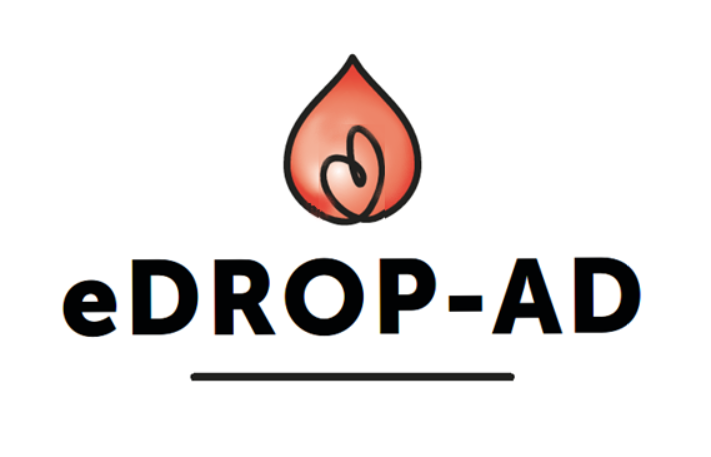eDROP-AD
Evaluation of a finger prick collection method for measuring Alzheimer’s disease blood biomarkers (eDROP-AD)
Trial Overview
The Alzheimer’s Prevention Initiative (API) eDROP-AD study is an ancillary study of the “Weekly blood draw study to understand the biological variability of plasma pTau-217” (Draw-10) parent study. eDROP-AD aims to address existing challenges in accessibility and scalability of AD biomarker testing by assessing the usability, tolerability, and acceptability of capillary (via finger prick) blood sample using blood collection cards. eDROP-AD will also assess the accuracy of pTau-217 levels as measured through the blood collection cards in comparison to venous blood draw collection.
While blood tests offer a less invasive alternative to traditional detection methods (e.g., lumbar puncture, brain imaging), measuring biomarkers through venous blood draws can be logistically challenging, especially in resource-limited areas or for individuals unable to access specialized facilities. The use of blood collection cards could simplify the process, reduce the resources required, and make testing more accessible to a broader population. However, the accuracy of the measurement and their usability and tolerability to patients and research participants is not yet known.
The eDROP-AD study will include up to 100 participants who enrolled in Draw-10 and provided a venous blood sample. Participants will be asked to provide a blood sample using a blood collection card and will be asked to complete a survey about their experience. Their sample will then be analyzed for pTau-217 levels and compared to their results from their venous blood draw collection done through the DRAW-10 study.
API Colombia Registry
The API Colombia Registry, a program led by API partners at the University of Antioquia, includes more than 6,000 members of the PSEN1E280A kindred, a genetic mutation that puts carriers at virtually certain risk of developing symptoms of Alzheimer’s dementia around age 45.
Our Partners
We gratefully acknowledge the participants and their family members.
The study is supported by a grant from the National Institute on Aging (R01AG058468) as well as the Arizona Alzheimer’s Disease Research Center (P30AG072980).

